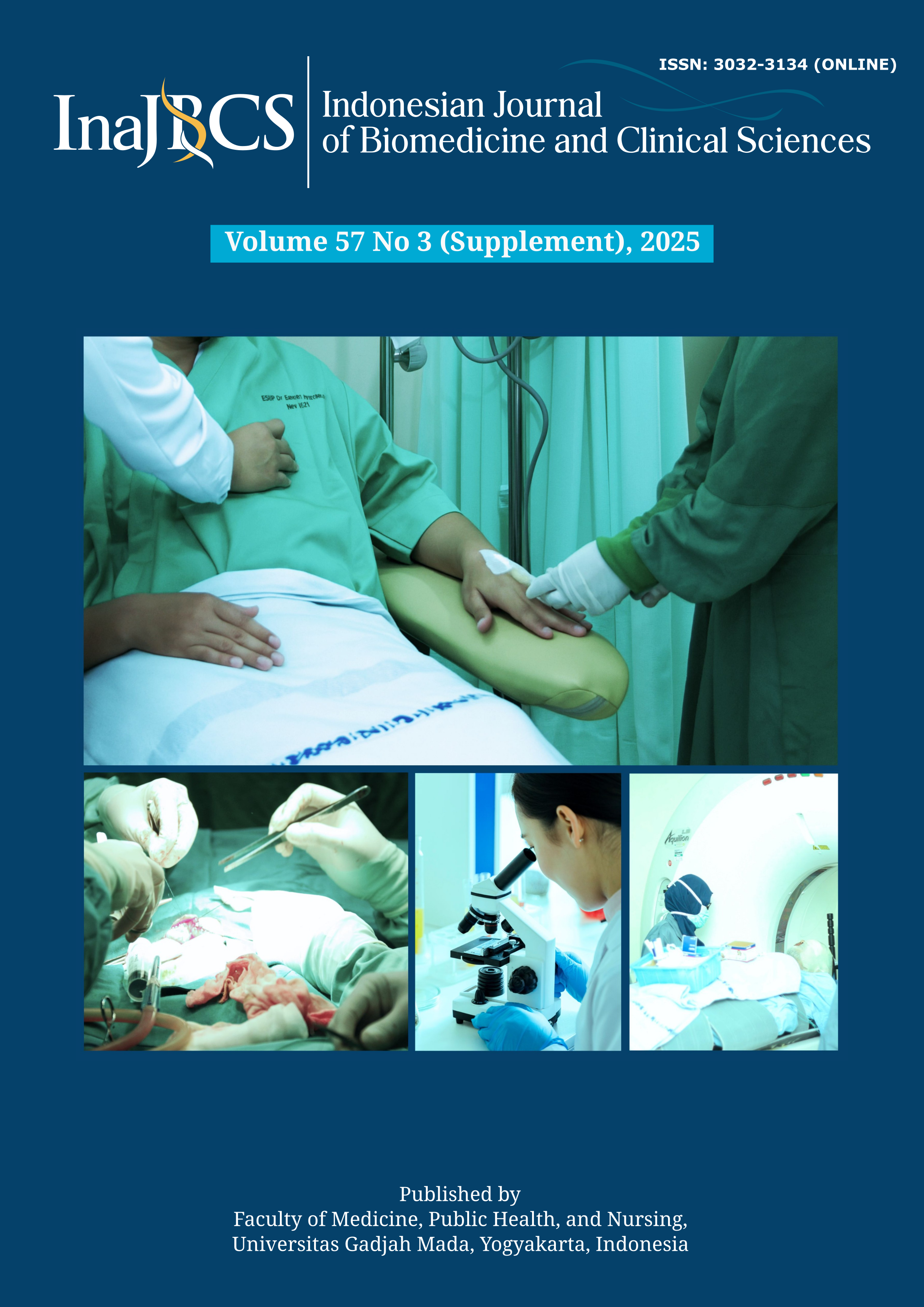Overcoming radiosurgical failure: a case of HER2-positive metastatic breast cancer responding to trastuzumab deruxtecan as third-line therapy
Abstract
Human epidermal growth factor receptor 2 (HER2) positivity in breast cancer is associated with a higher propensity for brain metastases. Management of metastatic breast cancer (MBC) typically involves a combination of locoregional and systemic therapies. Gamma Knife radiosurgery (GKRS) is the preferred locoregional approach for selected patients. However, the outcomes of GKRS are closely linked to the control of systemic disease. Systemic therapy for HER2-positive MBC has evolved rapidly. Trastuzumab deruxtecan (T-DXd) has shown superior efficacy in the DESTINY-Breast03 (DB03) trial, leading to its recommendation as second-line therapy replacing trastuzumab emtansine (T-DM1). The trial reported a 72% reduction in progression-free survival (PFS) events (HR 0.28) and an overall response rate (ORR) of 79.7%, significantly higher than the 34.2% ORR observed with T-DM1. T-DXd has also demonstrated activity against brain metastases. This case
report presents a 50-year-old woman who was diagnosed with non-luminal HER2-positive MBC with liver and bone involvement three years ago. She underwent radical mastectomy of right breast and received trastuzumabpertuzumab-docetaxel. After one year, she had headache and vertigo; brain MRI revealed new brain metastases, while liver and bone lesions remained stable. Her treatment was switched to T-DM1. After six months, the brain MRI showed lesion progression, prompting two rounds of GKRS. Brain MRI
at three months post-GKRS showed stability. T-DM1 was continued, but six months later, her neurological symptoms worsened, and imaging confirmed increased size and number of brain metastases. Treatment with T-DXd was started without additional GKRS. At both six- and nine-month follow-ups, brain MRI showed a reduction in lesion number and size, with improvement in symptoms. She remains on T-DXd with minimal toxicity and excellent performance status (WHO/ECOG 0). T-DXd administered as third-line therapy demonstrated an encouraging clinical and radiologic response with a favorable safety profile in a patient with non-luminal HER2-positive MBC.






